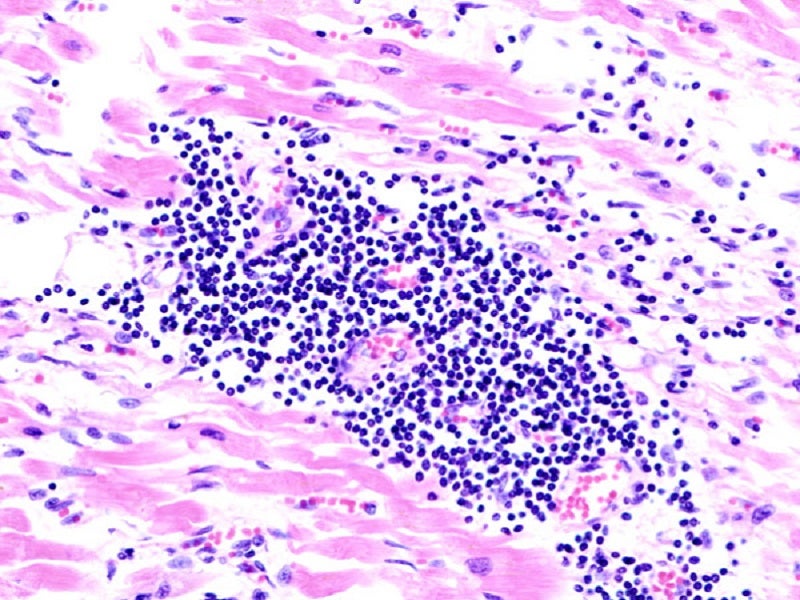
Cantargia has concluded the Good Laboratory Practice (GLP) toxicity study of CAN10, an anti-inflammatory IL1RAP-binding antibody.
CAN10 was given at up to 50mg/kg doses intravenously once a week for six weeks in the present GLP toxicity study, and a 5mg/kg dose was also administered subcutaneously.

Discover B2B Marketing That Performs
Combine business intelligence and editorial excellence to reach engaged professionals across 36 leading media platforms.
The findings from the study demonstrated that the antibody was found to be well tolerated when administered for six weeks.
No adverse findings that are associated with the CAN10 intravenous or subcutaneous administrations were observed in the trial.
The company stated that the completion of the GLP toxicity study is required before commencing clinical trials on CAN10.
It intends to submit an application to the regulatory authorities to commence the Phase I clinical trial, which is said to be the next step in the development of CAN10.

US Tariffs are shifting - will you react or anticipate?
Don’t let policy changes catch you off guard. Stay proactive with real-time data and expert analysis.
By GlobalDataThe start of this trial is dependent on the timelines for regulatory review.
Cantargia said that the treatment of healthy volunteers can be commenced shortly after receiving the approval of the application, which is expected as early as the first half of this year.
Cantargia CEO Göran Forsberg said: “We are truly excited about the progress in the CAN10 programme, demonstrating a good safety profile and potent treatment effects in several models of life-threatening inflammatory diseases.
“We are now ready to apply for approval to start the first clinical trial for this unique and promising lead candidate.”
CAN10 is an antibody against IL1RAP and is being developed to treat inflammatory and autoimmune diseases, with initial focus on myocarditis and systemic sclerosis.





